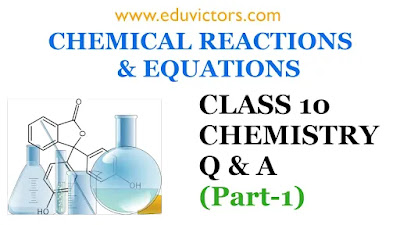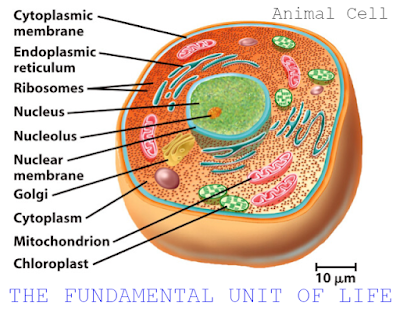What are Irreversible and Reversible Reactions?
CBSE Class 11 - Chemistry - Chapter: Equilibrium
Q1: What is equilibrium?
Answer: It is a state in a process when two opposing processes (forward and reverse) occur simultaneously at the same rate. The free
energy change at equilibrium state is zero i.e., ΔG = 0.
Q2: What are reversible reactions? Give examples.









